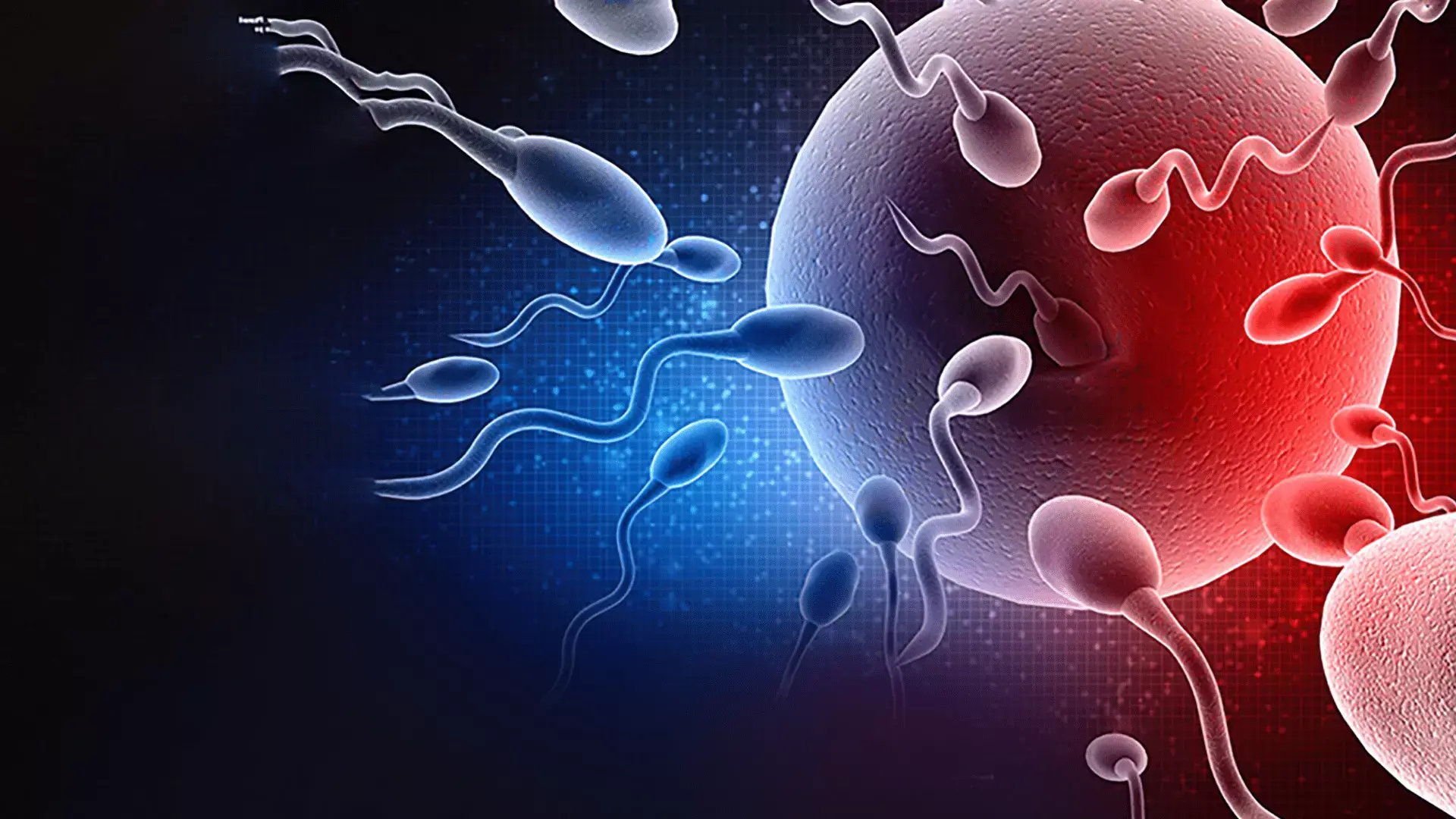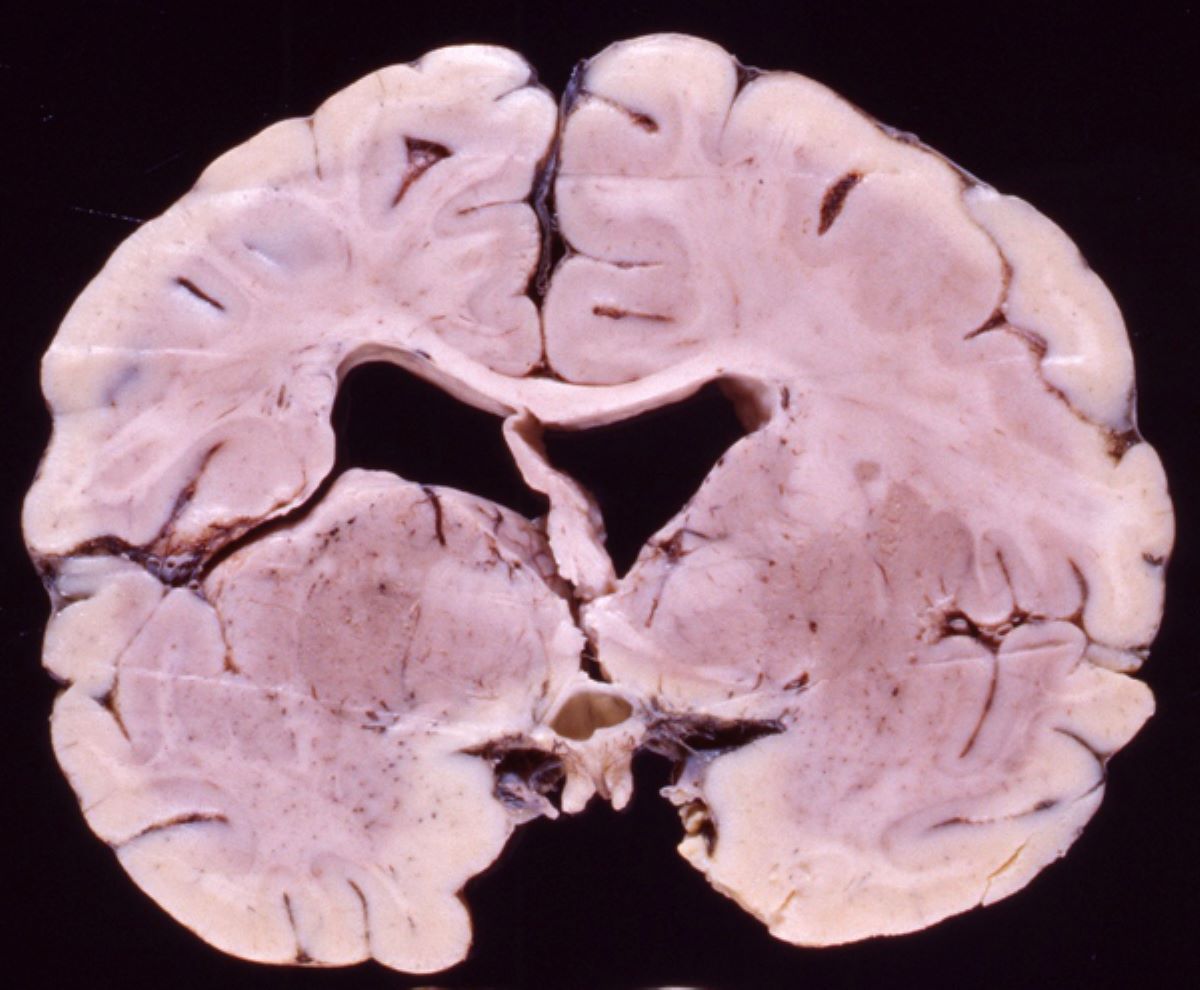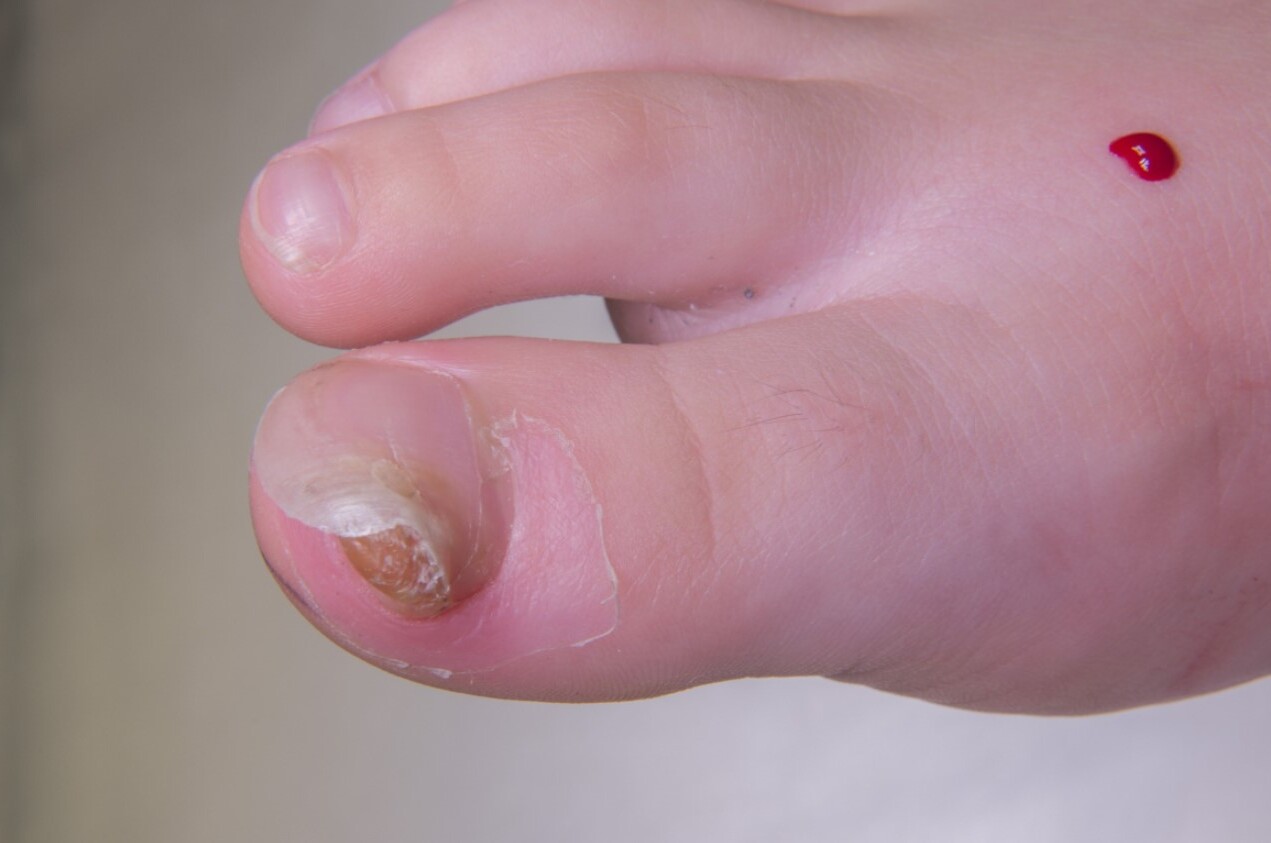
Reproductive physiology is a fascinating field of study that delves into the intricate workings of the human body’s reproductive system. Understanding how our bodies reproduce and create new life is essential to our understanding of life itself. From the moment of conception to the development of a new life within the womb, the processes involved are nothing short of remarkable.
In this article, we will dive deep into the captivating world of reproductive physiology and explore 12 mind-blowing facts that will leave you in awe of the complexities of our reproductive systems. These facts range from astonishing insights into the male and female reproductive organs, to the incredible journey of sperm and egg, and even the remarkable transformations that occur during pregnancy.
Get ready to be amazed as we uncover these mind-boggling facts that shed light on the incredible workings of our bodies in the quest for creating new life!
Key Takeaways:
- The female reproductive system is a marvel of nature, with intricate organs and processes working together to facilitate reproduction and sustain life. From ovulation to menstruation, every element plays a crucial role.
- Sperm can survive for several days inside a woman’s reproductive tract, increasing the chances of conception. The male and female reproductive systems share similarities and both play vital roles in ensuring the continuation of the human species.
The female reproductive system is highly complex and intricate.
The female reproductive system is a marvel of nature, encompassing a network of organs, hormones, and processes that work together to facilitate reproduction and sustain life. From the ovaries that produce eggs to the uterus that nurtures a developing fetus, every element plays a crucial role.
Sperm can survive for several days inside a woman’s reproductive tract.
Once ejaculated, sperm can survive within a woman’s reproductive tract for up to five days, waiting for the optimal conditions to fertilize an egg. This remarkable ability increases the chances of conception, even if intercourse occurs days before ovulation.
The clitoris serves no reproductive purpose.
Contrary to popular belief, the clitoris, a highly sensitive organ located at the top of the vaginal opening, has no direct role in reproduction. Its primary function is to provide sexual pleasure, making it a key component in female sexual arousal and orgasm.
The menstrual cycle prepares the body for pregnancy.
The menstrual cycle, a monthly series of hormonal and physiological changes, prepares the body for potential pregnancy. During this cycle, the uterine lining thickens in anticipation of implantation, and if fertilization does not occur, it is shed as menstruation.
The testes are located outside the body for a reason.
The testes, responsible for producing sperm, are located outside the body in the scrotum. This positioning helps maintain a lower temperature necessary for sperm production, as heat can be detrimental to their development and vitality.
The female orgasm has no direct role in conception.
Unlike in males, the female orgasm does not play a direct role in conception. However, it can promote bonding between partners and enhance sexual pleasure.
The size of the penis does not affect fertility.
Despite common misconceptions, the size of the penis has no bearing on fertility or the ability to father a child. Fertility is determined by factors such as sperm count, motility, and overall reproductive health.
The production of sperm never stops.
From puberty onwards, the male body produces millions of sperm cells every day, continuously replenishing the supply. This remarkable feat ensures a constant availability of sperm for potential fertilization.
The placenta is a vital organ during pregnancy.
The placenta, a temporary organ that forms during pregnancy, plays a crucial role in providing nutrients and oxygen to the developing fetus. It also acts as a barrier, protecting the fetus from harmful substances and infections.
The male and female reproductive systems share several similarities.
Although there are key differences, the male and female reproductive systems share many similarities in terms of basic structures and functions. Both systems are designed to ensure procreation and the continuation of the human species.
Ovulation typically occurs once per menstrual cycle.
During ovulation, a mature egg is released from the ovary into the fallopian tube, where it awaits possible fertilization. Ovulation usually occurs once per menstrual cycle, typically around the middle point, but can vary for each individual.
The development of reproductive organs begins in the womb.
During fetal development, the reproductive organs start to form even before gender is determined. This early development is guided by complex genetic and hormonal interactions that shape the future reproductive system.
Conclusion
Understanding the intricacies of reproductive physiology can be both fascinating and mind-blowing. From the complex hormonal processes to the remarkable mechanisms that enable the creation of life, the world of reproduction is a marvel to behold.
Through this article, we have explored twelve mind-blowing facts about reproductive physiology. We have delved into the astonishing capabilities of sperm and eggs, the remarkable journey of fertilization, and the incredible transformations that occur during pregnancy and childbirth. Along the way, we have discovered the intricate interplay of hormones and organs that drive the reproductive process.
As we continue to uncover the mysteries of reproduction, our understanding of human life and the marvels of nature deepens. The more we learn about reproductive physiology, the more we appreciate the beauty and complexity of this fundamental aspect of life.
So, the next time you encounter a discussion about reproductive physiology, you can share these mind-blowing facts and contribute to the wondrous exploration of the human body and the miracle of creation.
FAQs
Q: What is reproductive physiology?
A: Reproductive physiology is the branch of biology that studies the biological processes and mechanisms involved in the creation of life, including fertilization, pregnancy, and childbirth.
Q: What are the main hormones involved in reproductive physiology?
A: The main hormones involved in reproductive physiology include estrogen, progesterone, follicle-stimulating hormone (FSH), luteinizing hormone (LH), and human chorionic gonadotropin (hCG).
Q: How does fertilization occur?
A: Fertilization occurs when a sperm cell penetrates and fuses with an egg, resulting in the formation of a zygote. This process typically takes place in the fallopian tubes.
Q: What is the role of hormones in pregnancy?
A: Hormones play a crucial role in pregnancy by supporting the development and maintenance of the uterine lining, promoting the growth of the fetus, and regulating various physiological changes in the mother’s body.
Q: Can reproductive physiology be affected by certain medical conditions?
A: Yes, certain medical conditions such as hormonal imbalances, reproductive disorders, and genetic abnormalities can impact reproductive physiology and fertility.
Q: Are there any factors that can affect reproductive physiology?
A: Yes, factors such as age, nutrition, lifestyle choices, stress, and environmental pollutants can influence reproductive physiology and fertility in both men and women.
Q: What are some common methods of assisted reproductive technology?
A: Common methods of assisted reproductive technology include in vitro fertilization (IVF), intracytoplasmic sperm injection (ICSI), and artificial insemination.
Q: Can reproductive physiology vary among different species?
A: Yes, reproductive physiology can vary among different species due to evolutionary adaptations and unique reproductive strategies.
Q: Are there any ethical considerations related to reproductive physiology?
A: Yes, ethical considerations arise in areas such as reproductive cloning, surrogacy, and the use of assisted reproductive technologies. These issues involve complex discussions about autonomy, consent, and the well-being of the individuals involved.
Q: How does reproduction contribute to the survival of a species?
A: Reproduction ensures the continuation of a species by allowing for the transfer of genetic information from one generation to the next.
Reproductive physiology is truly fascinating, but there's more to explore! Curious about fertility and how it impacts population growth? Want to know what happens during pregnancy, from conception to birth? Intrigued by the role of hormonal regulation in our bodies? Keep reading our other articles to satisfy your curiosity and expand your knowledge about these captivating topics.
Was this page helpful?
Our commitment to delivering trustworthy and engaging content is at the heart of what we do. Each fact on our site is contributed by real users like you, bringing a wealth of diverse insights and information. To ensure the highest standards of accuracy and reliability, our dedicated editors meticulously review each submission. This process guarantees that the facts we share are not only fascinating but also credible. Trust in our commitment to quality and authenticity as you explore and learn with us.


